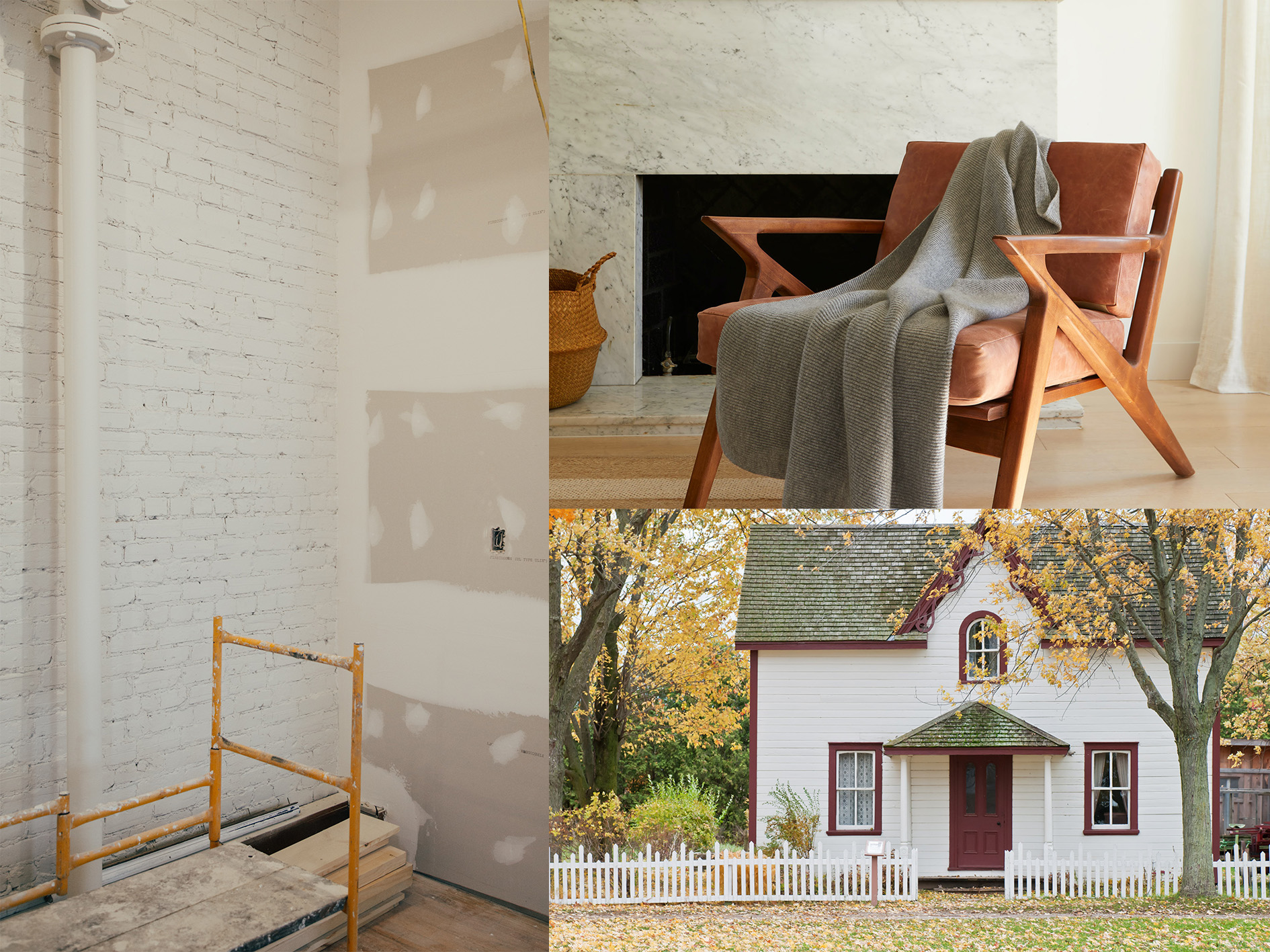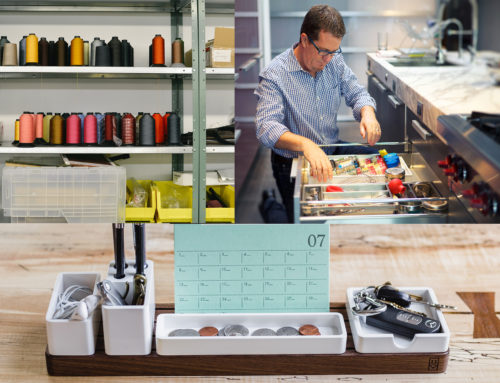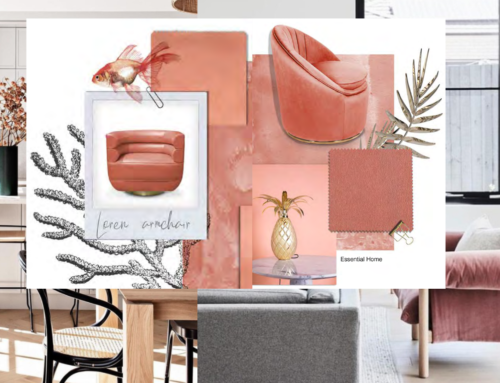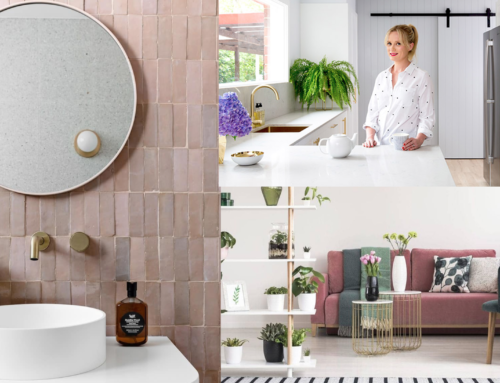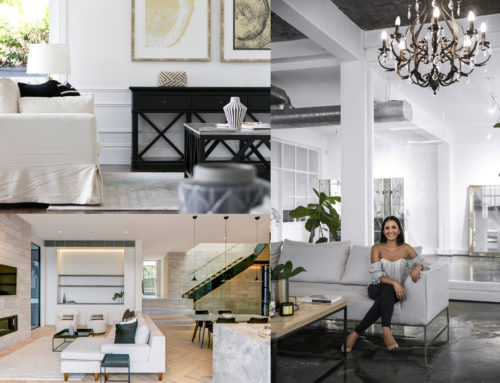If DIY shows like The Block have inspired you to get your hands dirty and delve into the world of home renovation then there are two things you need to do before you start picking out kitchen tiles: research and plan. These steps will help you avoid falling into common renovation pitfalls, and the stresses that come with them. Ian Agnew, the general manager of Archicentre, gave us some pointers on how to minimise the stress and financial burdens of home renovating.
Q. What renovations add the most value to a house?
Bedrooms. Adding an extra bedroom is the most cost effective, irrefutable way of adding value. An extra bedroom increases the sales capacity as it means a house can be used or rented by more people. This is particularly effective in family areas like Sydney’s North Shore, where converting an office into a third bedroom is recommended. If possible, add the extra bedroom under the pre-existing roof, as this will minimise costs.
Outdoor spaces. Creating extra outdoor living spaces can be a cheap way to maximise the space within a house compared to other renovations. Add bi-fold doors to open up the back of the house and put in a large deck and outdoor living area that can be used for entertaining. Interestingly pools are not the way to go if you are looking to add value. When buying a house people will take into consideration the ongoing maintenance costs of a pool. So, unless you really want a pool for yourself, consider keeping that grassy area.
Service areas. Updating kitchens and bathrooms can also add value. Trends within kitchens in particular are changing. People are moving away from wanting separate rooms, and often prefer to have open plan living spaces that allow for a more social, relaxed style of living. However, show caution when it comes to renovating these areas, as there is no guarantee you will make the money back. It is impossible to predict what kind of kitchen a particular buyer will like. Whereas bedrooms can be changed to fit personal taste with a coat of paint, renovating a kitchen is much more expensive. So sometimes buyers prefer to spend less money on a house and renovate service areas themselves.
Q. How can people ensure they remain within budget?
Planning is the key to staying on budget. From the very beginning have the renovation planned out by an expert. Work with an architect who can help you go from a design concept to a fully developed design. Once this has been approved by council get it costed. The more detail contained in the plan the more accurate the final cost will be.
Q. What are the main pitfalls people fall into when renovating?
Over specifying. Are those bathroom tiles shipped in from Morocco necessary? Will that European piece of marble add value? Probably not. Although in some geographical areas adding fancy finishes might make a difference to the price of a house, a lot of these finishes don’t warrant that kind of expenditure. If you’re renovating for profit then don’t over specify, chances are you will never make the money back.
Not getting the house checked out. It’s important to get your house checked out thoroughly for structural problems at the point of purchase or prior to any renovations being started. A lot of people plan a renovation and organise a loan from the bank, only to realise there is a major structural issue. The house might need to be restumped, there could be drainage or wiring issues, or the roof may not be strong enough. Fixing these issues can cost time and money so they need to be factored in from the beginning of a renovation.
